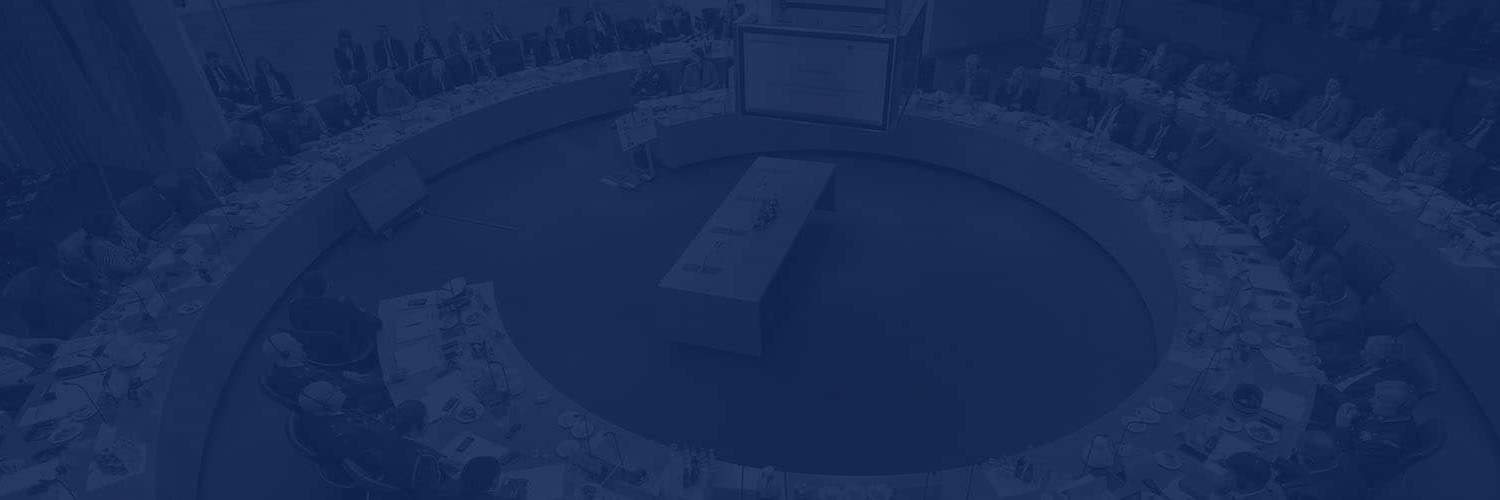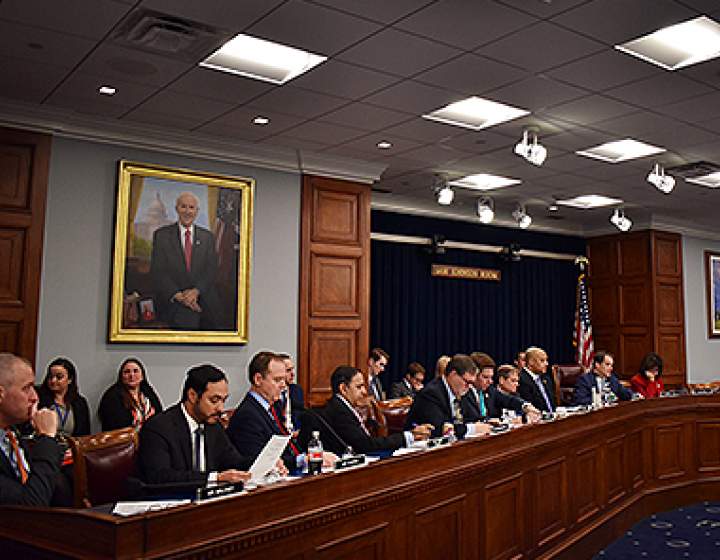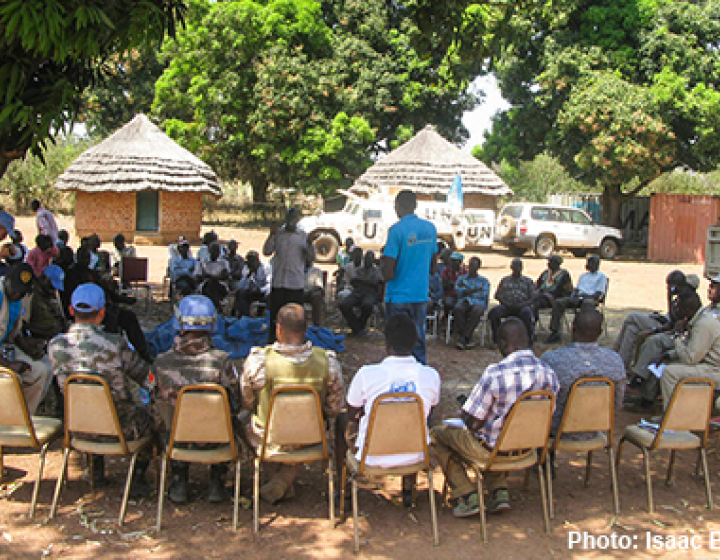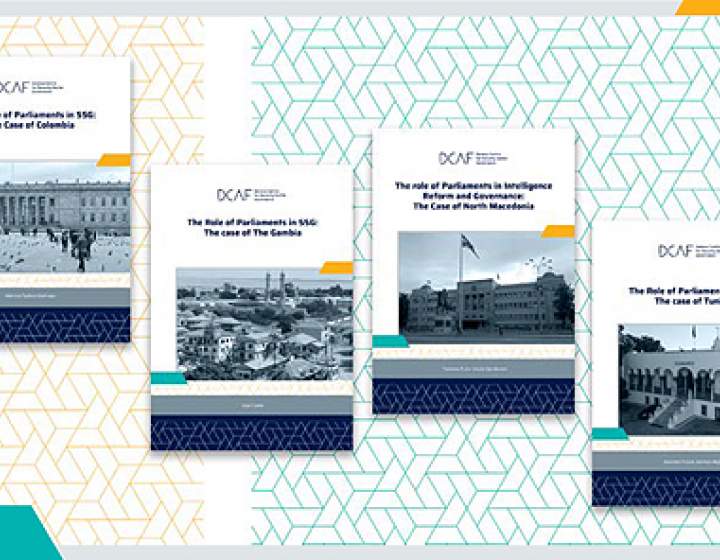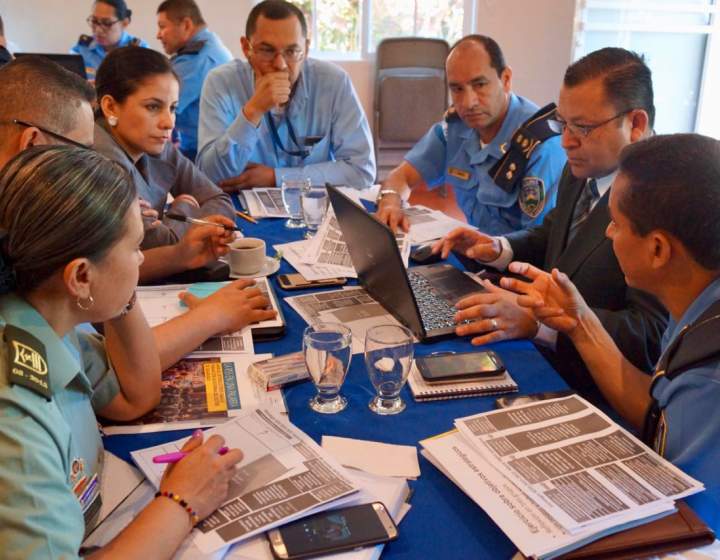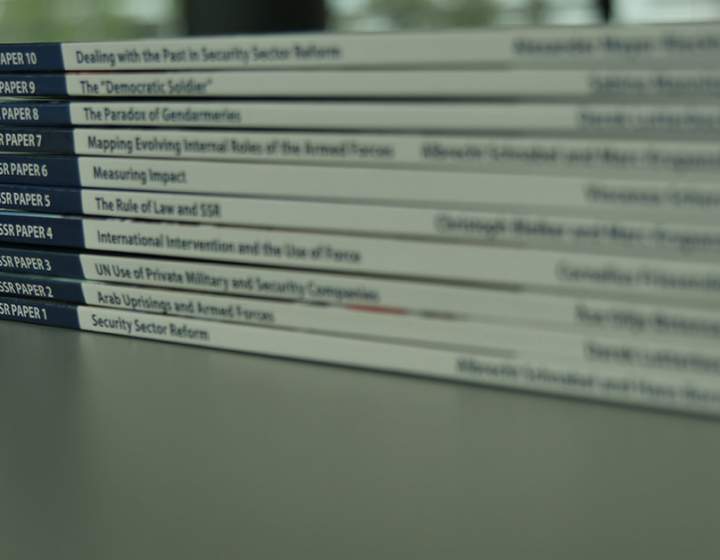Who we are
For 25 years, DCAF has been a thought leader in good governance of the security sector. We contribute towards research and training at the frontier of SSG/R, supporting DCAF’s in-country programming as well as high-level policy dialogues in international fora. Meeting the demands of DCAF’s national and international partners, we bridge the gap between policy and practice.
Guided by the principles of applied research, we create, distil, and disseminate knowledge that feeds into norms, standards, and good practices. Our empirically grounded and policy-oriented research on cross-cutting thematic topics and SSG/R informs publications that have been translated in 40+ languages and have become reference works in their field.
Our Services
Providing operational support to reinforce the international community's security and justice reform capacity.
